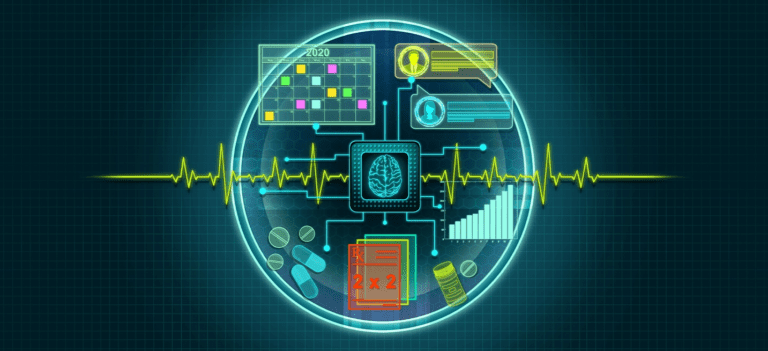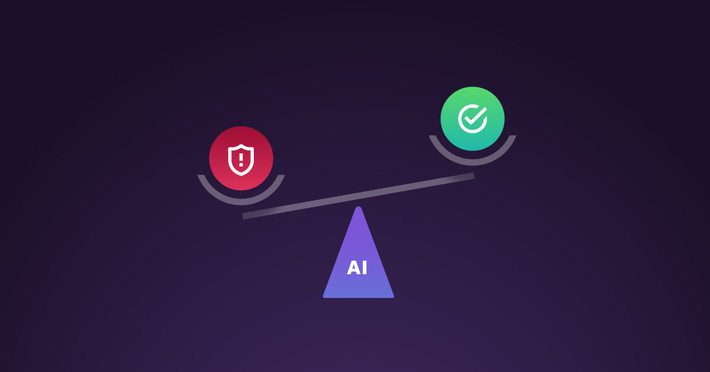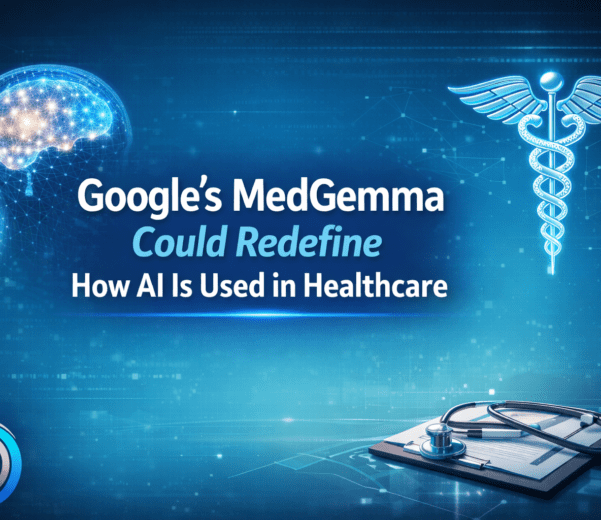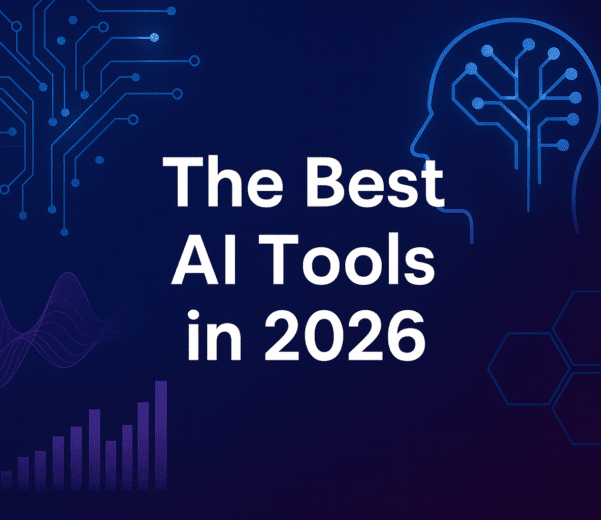Artificial intelligence (AI) has the potential to revolutionize the healthcare industry, particularly in the areas of early diagnosis and treatment of diseases. By analyzing vast amounts of patient data and utilizing advanced machine learning algorithms, AI can identify patterns and abnormalities that may indicate the presence of a disease. This allows for earlier and more accurate diagnosis, which can be critical in the treatment of many diseases.
One way in which AI is being used to assist with early diagnosis is through the analysis of medical images. By using AI to analyze images such as X-rays, CT scans, and MRIs, doctors can more easily identify abnormalities that may indicate the presence of a disease. This can be especially useful for detecting diseases that may not have obvious symptoms, such as early stage cancer.
AI is also being used to assist with the treatment of diseases. For example, AI can be used to identify and recommend personalized treatment options for patients based on their specific characteristics and medical history. This can help doctors to more effectively tailor treatment plans to the needs of individual patients, leading to better outcomes.
In addition to personalized treatment options, AI is also being used to assist with drug development and precision medicine. By analyzing large amounts of data, AI can identify patterns and relationships that may not be immediately apparent to humans. This can help pharmaceutical companies to develop more effective drugs and tailor them to specific patient populations.

There are many potential benefits to using AI for early diagnosis and treatment of diseases. One of the main benefits is improved accuracy and speed of diagnosis. By analyzing large amounts of data, AI can identify patterns that may not be immediately apparent to humans, leading to more accurate and earlier diagnosis of diseases. This can be especially critical in the treatment of conditions such as cancer, where early detection can significantly improve patient outcomes.
In addition to improved accuracy and speed of diagnosis, the use of AI in healthcare can also lead to personalized treatment options that may result in better patient outcomes. By analyzing a patient’s specific characteristics and medical history, AI can recommend treatment options that are tailored to the individual. This can be especially beneficial for conditions such as cancer, where different patients may respond differently to different treatment options.

There are also potential cost savings for healthcare systems to be gained from the use of AI in diagnosis and treatment. By automating certain tasks and enabling doctors to work more efficiently, AI can help to reduce the overall cost of healthcare. In addition, the use of AI in drug development can potentially lead to the development of more effective and targeted treatments, which may be more cost-effective in the long run.
However, there are also a number of challenges and concerns surrounding the use of AI in healthcare. One of the main concerns is the potential for bias in AI algorithms. If the data used to train the algorithms is biased, the algorithms themselves may be biased, leading to unequal treatment of different patient populations. This is an area that will need to be carefully addressed in order to ensure the fair and ethical use of AI in healthcare.
Another concern is the issue of data privacy and security. As healthcare systems collect and store vast amounts of sensitive patient data, there is a risk of data breaches and unauthorized access to this data. Ensuring the security of this data will be critical in the widespread adoption of AI in healthcare.

In addition, there is the need for regulation and oversight to ensure the responsible and ethical use of AI in healthcare. Governments and industry stakeholders will need to work together to establish guidelines and standards for the use of AI in healthcare, and to ensure that the benefits of this technology are realized while minimizing any negative impacts.
Overall, the potential for AI to assist with early diagnosis and treatment of diseases is significant. By analyzing large amounts of patient data and utilizing advanced machine learning algorithms, AI can identify patterns and abnormalities that may indicate the presence of a disease, leading to earlier and more accurate diagnosis. AI can also assist with the identification of personalized treatment options and the development of more targeted and effective drugs. While there are challenges and concerns surrounding the use of AI in healthcare, these can be addressed through careful regulation and oversight. The adoption of AI in healthcare has the potential to bring about significant improvements in the early diagnosis and treatment of diseases, leading to better patient outcomes and cost savings for healthcare systems.












